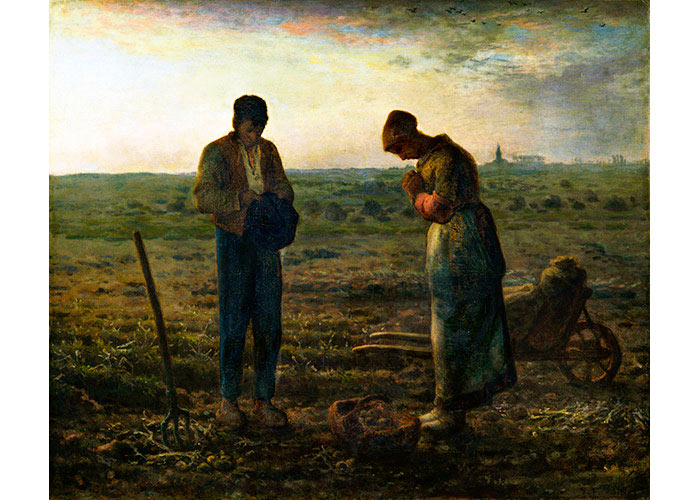We have heard very often that those who wish to be found worthy of eternal life must become a dwelling place for Christ and be filled with the Holy Spirit. We are told that such people must produce the fruits of the Spirit and keep the commandments of Christ purely and blamelessly. But one begins all this by first believing steadfastly in the Lord and by devoting oneself as entirely as possible to obeying the commandments and to renouncing worldly interests; i.e., one must free the mind from immersion in secular affairs.
But when we hear this, even we monks tremble for we know we are sinners and that all of the things we have listed are beyond our unaided human powers. But then we recall, by God’s gift, that none of this depends simply upon us. It is all a gift of God. But how, then, are we to know we have received this gift?
Do you find you persevere in prayer and do so as ceaselessly as you can? Are you always waiting in expectant faith for the Lord to visit and assist you? Do you keep this goal constantly in view? But we know that sin is within us and that all our efforts don’t seem to be sufficient. But this very thought is a beginning. For example, we are to make every effort to do good and do it by showing humility. Isn’t our sense of our sin an expression of humility? Of course, we are not to seek honors or praise or special distinctions or special treatment from anyone – just as the Gospel teaches. But if we present ourselves as sinners how can we fall into any of these faults?
What is the most important thing? It is to have the Lord always before our eyes. It is to wish above all to please God. Is God not pleased in a special way by humility? Have you not felt humbled continuously by the failure that follows every effort to depend simply on yourself? Jesus said,
“Learn from me for I am gentle and humble of heart, and then you will find your rest.”
Matthew 11:29
We need not seek to do all the things we have mentioned as though we had the strength for that. We do not. What makes us more humble than this reflection?
The Lord has taught us to be on the lookout for opportunities to be merciful, to be kind, to be compassionate. These are the good works that make us good according to the Lord’s teaching.
“If you love me enter through the narrow gate.”
Matthew 7:13
What is this gate if not the small and humble deeds of mercy and kindness and compassion? We don’t have to wait for opportunities to show these virtues in great and extraordinary ways.
We should never forget how humble the Lord’s ways were in the way he lived and in the gentle things he did to help others. Take this as a pattern for yourself. If you help others pray you are helping yourself pray and becoming like the Lord. And this happens in many other ways as well.
One day the things you now have to force yourself to do, and that you do with a reluctant heart, you will find yourself doing willingly. You will have made a habit of invariably doing what is humble and merciful and kind and so of doing what is right. You will have become ever-mindful of the Lord and be a person who is always waiting for him by doing what he commands you.
Source of the homily is from the Mepkin Abbey website.
Top image credit: Couple at the Midday Angelus Prayer, painting by Jean-Francois Millet, 1857-89, Musée d’Orsay in Paris, France. Image in the Public Domain. Source from Wikimedia.org.
St. Macarius of Egypt lived between 300 – 390 AD. He was renowned for holiness of life. He founded a colony of monks which became one of the principal centers of Egyptian monasticism. He is regarded as one of the Desert Fathers and he had a considerable influence upon the development of monastic life.



